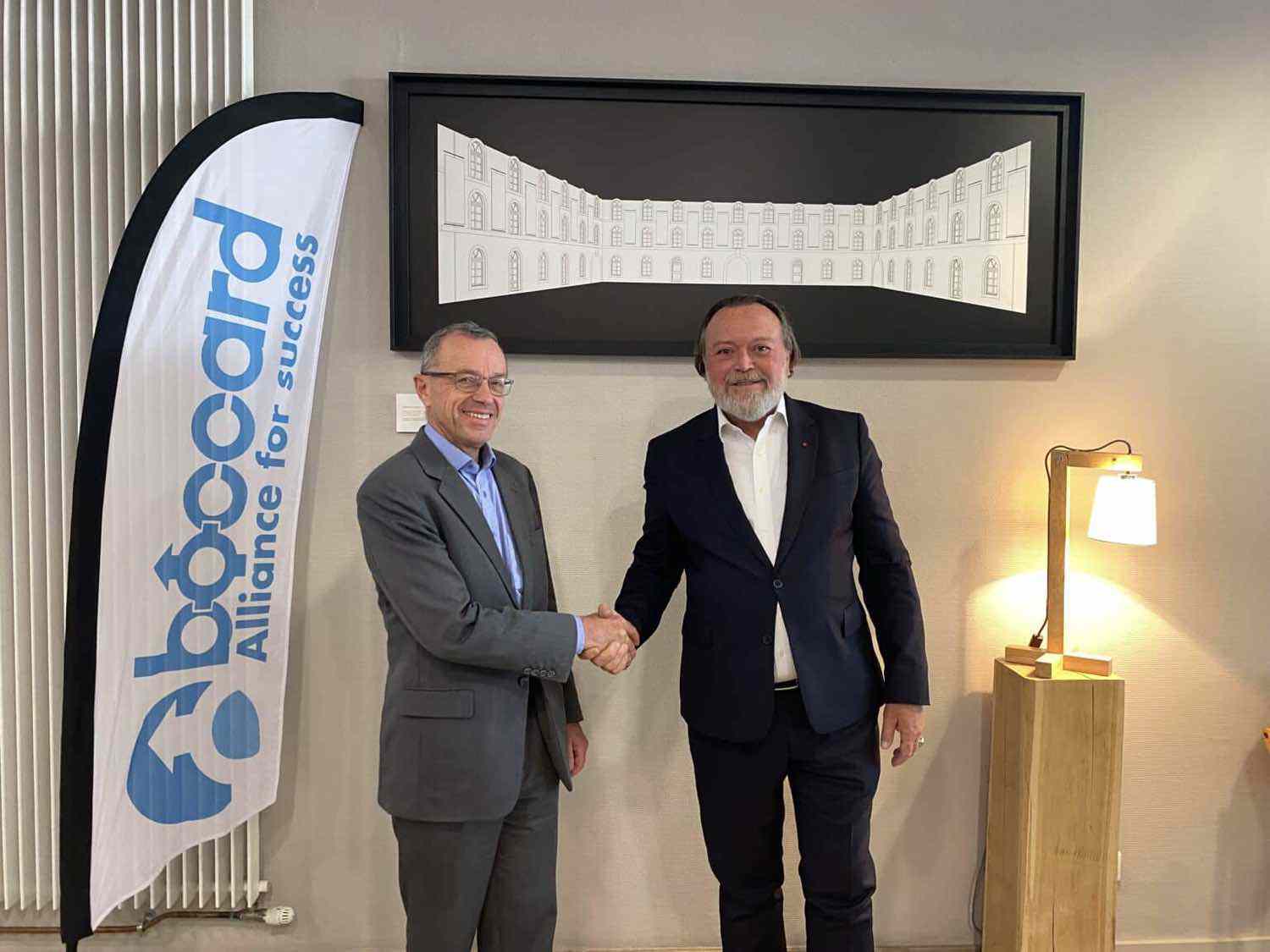

In the race for innovation, Europe stands out with a wide range of players. However, the very high degree of segmentation among young tech start-ups means that the old continent is unable to compete with the Chinese and American giants. To create the European tech champions of tomorrow, thinking in terms of mergers and acquisitions is more necessary than ever. Here’s an update from the experts at AURIS Finance, a consultancy specialising in mergers and acquisitions.
In Europe, young innovative companies that reach the rank of unicorns (valued at over a billion dollars) are rare. The most common strategy is to develop the company organically. An initial round of early-stage funding is invested in accelerating R&D to reach the industrial development stage. This is followed by further fundraising to support the company’s international expansion. In France, 2024 was marked by the fundraising operation of Mistral AI. The company, which aims to become the European champion in artificial intelligence, raised €600 million, putting it at a valuation of $5.8 billion.
Access barriers to world markets
However, major funding efforts do not guarantee rapid deployment on the European market. Today, Europe is characterised by a fragmented technology market, with cutting-edge players emerging with the support of regional incubators. When these companies are launched, they struggle to expand beyond the national market. Unlike the Chinese or American markets, the European one remains highly compartmentalised, with strong cultural and linguistic differences. A solution developed in France may therefore find it very difficult to spread to a country such as Germany or Spain, where consumer habits and expectations are different. Finally, despite attempts to unify European institutions, each European country has its own data protection, cybersecurity and compliance regulations.
Creating more robust entities
The benefits of mergers and acquisitions (M&A) are numerous for companies looking to rapidly expand their international reach. By merging, innovative companies can pool their resources, share their knowledge and increase their competitiveness on the world stage. Merging with another technology player with strong development potential can immediately strengthen an offering by integrating cutting-edge technologies that would have taken a long time to develop in-house. This strategy makes it possible to harmonise technologies and business practices, creating more robust entities capable of competing internationally.
A tried and tested method
In Europe, some players have made significant inroads through a series of M&A transactions. This is the case, for example, of the Dutch payments specialist Adyen, which has become a global leader by integrating technologies from several start-ups. In France, the merger of several small technology companies in specific fields has created leaders in niches such as artificial intelligence and cybersecurity. This is the case, for example, of the French group Atos, which took over the American company Syntel, creating a giant in the field of digital services, including artificial intelligence and process automation. Dassault Systèmes, a leader in 3D design software, acquired Medidata Solutions, a company specialising in software for clinical trials, thereby expanding its capabilities in the digital health sector.
Our experts at your side
Mergers and acquisitions will play a crucial role in consolidating small, innovative companies to build the European technology giants of tomorrow. However, the trick is to identify the right targets. AURIS Finance’s experts are specialised by sector. They will support you throughout your M&A transaction.


